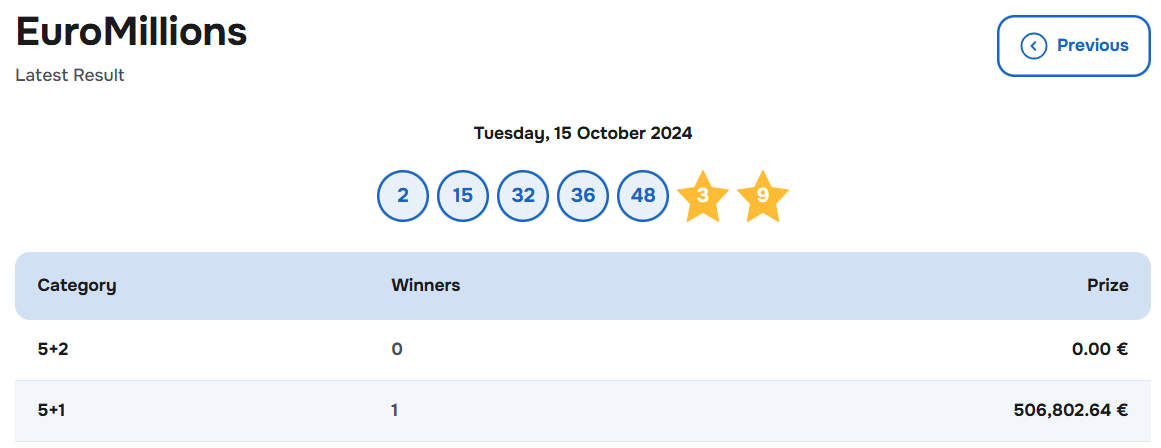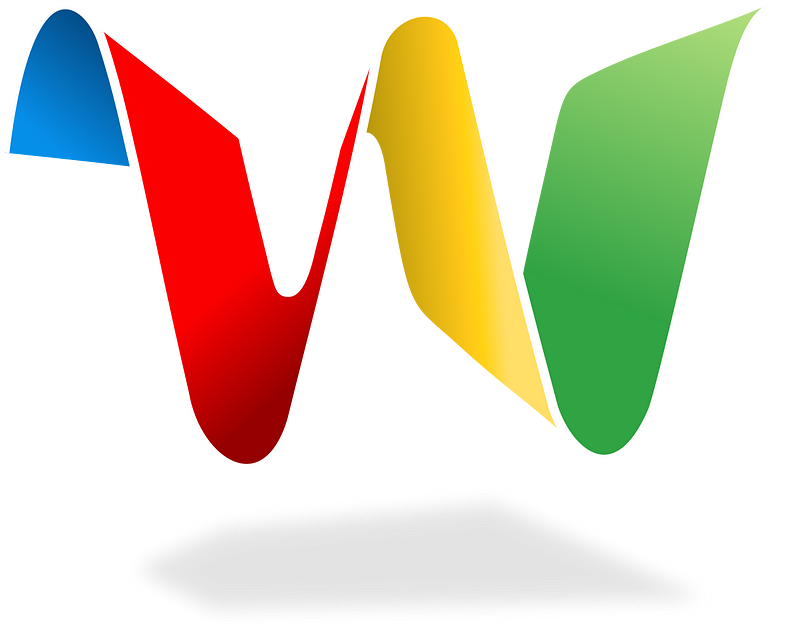The Idea Lottery: Spaceships, Sponges and Shark Tank Successes and Failures
What makes a good idea good, and a bad idea bad? Let's learn from the ideas that didn't make it, and the ones that (almost barely) made it
In case you missed it, if you have guessed the numbers 2 15 32 36 48, and either 3 or 9 as the stars, CONGRATS! You won the second prize of yesterday’s EuroMillions!
Chance is, you probably didn’t. Don’t worry! How many million people have tried to guess the numbers? We only will remember that 1 of them was good right? It’s the same with ideas: Today, we’re talking about the “lottery” of good and bad ideas.
Have you ever had an idea so brilliant you could already see the success, the awards, the change it would bring? But then... reality hits, and things don’t go as planned.
Ideas are like lottery tickets. But just because we don’t remember the failed attempts doesn’t mean they didn’t matter. Every big success is built on a mountain of “losers”—failed attempts, mistimed launches, or ideas that were ahead of their time.
Why Do Good Ideas Sometimes Fail?
A good idea that doesn’t succeed isn’t necessarily bad. Often, it’s about timing, execution, or market readiness. These "almost" ideas offer valuable lessons, and innovation isn’t just about big, disruptive changes—it’s about learning, evolving, and sometimes failing forward.
Examples of Persistence and Innovation
SpaceX: We don’t live under a rock to know that earlier this week, this happened:
But this was the fifth launch of their Starship! They have understood that they need to iterate, fail, try again. But to get there, it wasn’t so easy.
In 2008, after three failed launches, SpaceX was almost out of money. Elon Musk was facing a pivotal decision: give up or keep going. He kept buying those “tickets,” and the fourth launch succeeded, securing a crucial NASA contract. The lesson? Success comes down to persistence and a willingness to keep trying despite public failures.
Key takeaway: Failed due to financial strain and technical challenges, succeeded through persistence.
Google's 20% Time: This policy gave birth to Gmail, Google Maps, and AdSense. But not every project was a success—Google Lively, a virtual world, flopped after just a few months, and Google Wave was too complicated for users. You probably don’t even know what I’m talking about!
It was created in early 2009-2010, and it was designed to reinvent how people collaborated. It didn’t really leave incubator phase, as it didn’t take on how it was intended. But truth is, in today’s day and age, we have dozens of online collaboration tools. Miro, Mural, Figjam (which is similar to Google Jamboard), and so many others!
Despite the failures, “20% time” led to game-changing products. Innovation is about keeping the ideas coming, even if some don’t work out.
Even NotebookLM, currently experimental, is a product from that 20% time people can dedicate to work on side projects. Think that if you work from Monday to Friday… Google allows you to work one entire day on something entirely different to your actual job role.Key takeaway: Google Wave—too early for its time, failed due to complexity and lack of user adoption.
Shark Tank Successes and Failures:
Take Scrub Daddy — I love it! I found it here in the Netherlands maybe… 8 years after the episode aired? And the sponge didn’t exist in Portugal yet, so that was my Christmas present to a lot of people in 2022. All of them raved about it, talked about it, precisely because they remembered the same Shark Tank episode! What is it? A simple sponge that became one of the most successful products from the show, with over $200 million in sales. It was a good idea, executed well, solving actual problems, and that’s why Portuguese people that had watched a Shark Tank episode 8-10 years before that, still remembered it!
But there were also pitches like PlateTopper, which got a deal but struggled in the market. We remember the winners and forget the rest, even though every failure holds lessons.
(I only remembered this product because of how bad the negotiation went in the show - Youtube has only really bad videos about it, with voice overs, so I’m not putting it here, but should you want to watch it click here (again, lousy video quality)

Key takeaway: PlateTopper — struggled due to execution and market fit despite initial interest. (Lesson, be willing to collaborate and listen to others, especially sponsors - I’ll write about this soon!)
Why Do Some Ideas Work Well?
Successful ideas often thrive because of timing, adaptability, and market readiness. For instance, Miro (a digital collaboration and whiteboard tool) succeeded where Google Wave didn’t, because it understood user needs better and was introduced at a time when remote collaboration tools were in high demand.
Look at the screenshot below: Was it easy to use? Probably not!
There’s other tools, Slack, Microsoft Project (kind of), JIRA, … that also enable collaboration, and probably learning from this mistake, they make it easy and intuitive to use!
Miro’s simplicity and focus on visual collaboration made it accessible, while Wave's complexity and ahead-of-its-time features overwhelmed users. Being in the right place at the right time, with a clear value proposition, can make all the difference.
The Main Takeaway
Be okay with failing! Behind every SpaceX success, every Gmail, and every memorable Shark Tank pitch are countless attempts that didn’t quite make it. The secret isn’t in avoiding failure — it’s in continuing to play, no matter how many tickets it takes. Some of those failed ideas actually were reworked, improved, until they got to where they are, and that’s what makes them memorable.
Quick Tip: Next time you’re working on an idea, don’t worry about guaranteed success. Instead, ask yourself, “Is this worth a ticket in the innovation lottery?” The more tickets you have, the better your chances of hitting the jackpot.
What do you think? Ready to keep buying those tickets? Share your thoughts below—I’d love to hear about the ideas you’re betting on!
Happy mid-week!
And if you have any tips on getting the Euromillion numbers, let me know!







Love the concept of the 'innovation lottery'! It’s so true that persistence and the willingness to fail are key drivers of success. Just like SpaceX and Gmail, it’s the ideas that don’t quite hit the mark the first time but get refined over time that often lead to breakthroughs. I'm all in for continuing to 'buy tickets'—because every attempt brings us closer to innovation. Currently betting on a product strategy shift that’s worth the risk!